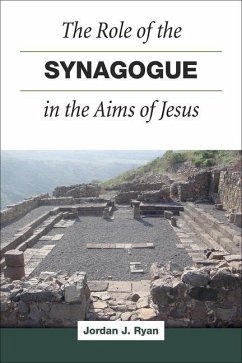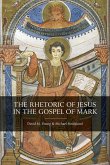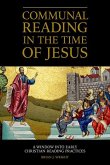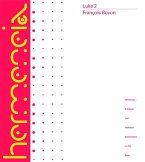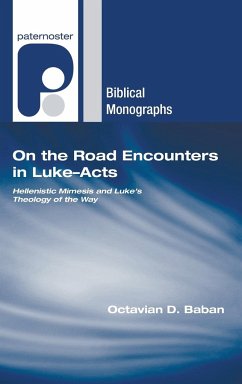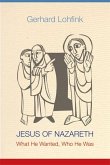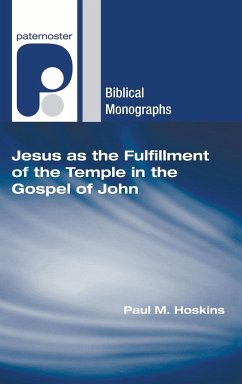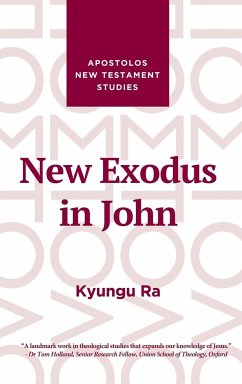No one disputes today that Jesus must be understood as a participant in the currents of Second Temple Judaism. However, his relation to the institution of the synagogue has received much less attention despite the clear depiction in all four Gospels of the synagogue as the site of his activity and the considerable recent scholarship on the place of the synagogue in Jewish life. Reviewing what we now know about actual synagogues in the land of Israel and what we understand of their public role in Jewish life and culture, Jordan J. Ryan shows that Gospel narratives placed in synagogues accurately reflect the ancient synagogue setting, a fact that points toward the historical plausibility of the setting of these narratives and suggests that synagogue research must be a starting point for their interpretation. Further, he argues that the synagogue setting of Jesuss activities reveals that his efforts at the restoration of Israel were intentionally aimed at the synagogue as an institution of public and political life; that is, Jesus sought to bring the kingdom of God into being by persuading local public synagogue assemblies to participate in it. This book marks an important new direction for research.

